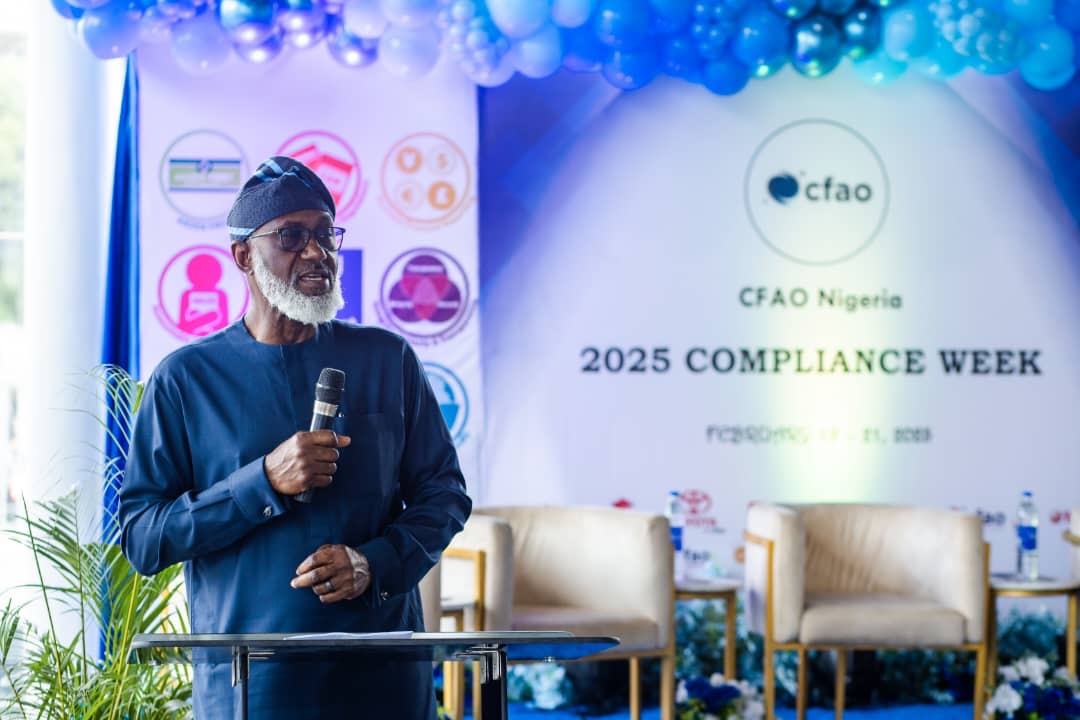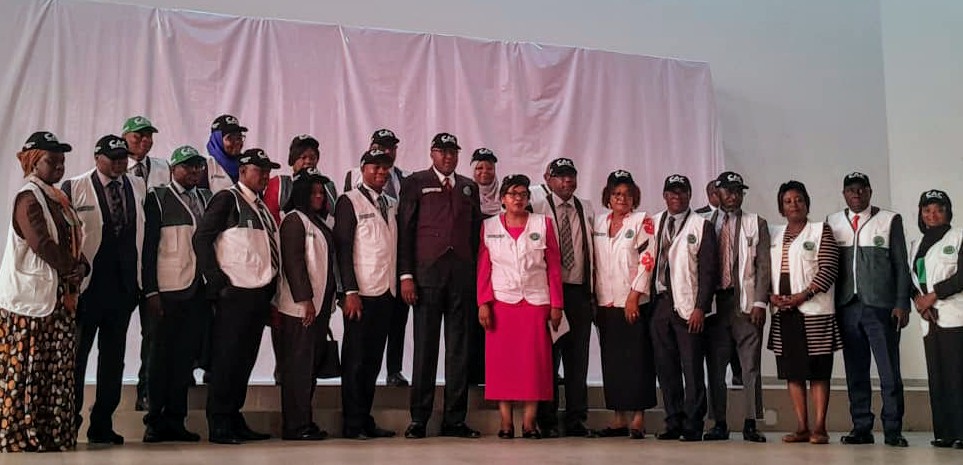Speaker urges FOI digitalisation in MDAs
By Olasunkanmi Onifade
Speaker of House of Representatives, Abbas Tajudeen, has called for digital mainstreaming of Freedom of Information (FOI) compliance frameworks in Ministries, Departments, and Agencies (MDAs) to enhance transparency and accountability in governance.
Tajudeen made the call during a two-day FOI strategic stakeholders’ training workshop in Abuja on Tuesday.
The News Agency of Nigeria NAN reports that the workshop has as its theme: ‘Upholding Accountability and Transparency in Governance: A Comprehensive Review of FOI Law for Public and Corporate Organisations’.
“We must move beyond paper-based information alone and get into integrated digital ecosystems.
“Every MDA should maintain an interactive FOI dashboard, publicly accessible and regularly updated by displaying the number of requests received, the time taken to respond and the nature of disclosure made,” he said.
Tajudeen, who was represented by the House Committee Chairman on Agricultural Institutions and Allied Centres, Akinlade Isiaq, said that the digital transition would enhance transparency, reduce bureaucratic delay and empower civil society actors.
According to him, embedding transparency into digital architecture can be sustained over time.
Tajudeen said that the 10th House should consider FOI compliance as a condition for budgetary considerations for the MDAs that were reluctant in complying with the act.
“Any institution that habitually fails to honour its obligations under the FOI Act should face consequences in the form of budgetary conditionality.
“When transparency becomes a prerequisite for accessing public funds, it elevates the value of compliance from a procedural formality to a fiscal obligation.
“By aligning financial incentives with governance behaviour, we can foster a new era of institutional responsibility across all tiers of government,” he said.
The Chairman, House Committee on Freedom on FOI, Yusuf Miga, said that FOI had been convened to celebrate and promote the principles of transparency, accountability and good governance.
He said that the event was aimed at empowering citizens by exploring the mechanisms of obtaining information, challenges and opportunities for advocacy.
Miga described FOI as the cornerstone of democracy, enabling citizens to hold government accountable, foster trust and participate actively in the democratic process.
He said that understanding and utilising FOI laws was crucial in the present information age.
“The right to know, empower citizens, foster transparency and hold government accountable is a tool for democracy, ensuring that voices are heard and that decisions are made in the light of public scrutiny.
“Today, we face the challenges that threaten this vital right. Misinformation, falsification and bureaucratic obstacles can hinder our pursuit of transparency.
“However, we must remain steadfast in our commitment to upholding and promoting freedom of information,” he said.
Moga stated that the house’s agenda for the workshop and over the coming days as well as its workshops in the six geo-political zones of the country wpuld focus on several key areas to strengthen the legal framework.
He said that they would also provide a robust legislation that would protect the rights of access to information.
The lawmaker, who said that education was crucial, stressed the need to empower citizens with knowledge about their rights and the processes available to them.
Also speaking, the Deputy Chairman, House Committee on FOI, Obordor Mitema, said that FOI Act had served as a powerful tool for empowering citizens and exposing the inner workings of government to public scrutiny.
“The insights gathered from this workshop will shape our legislative oversight and institutional support strategies to ensure transparency remains a living and working principle in governance, not just a policy aspiration,” he said. (NAN)
Edited by ‘Wale Sadeeq








 He said the company as an industry continued to demonstrate firm commitment to compliance, transparency, and fairness.
He said the company as an industry continued to demonstrate firm commitment to compliance, transparency, and fairness.


